
Introduction
In a world that often feels fast-paced, demanding, and digitally saturated, many of us are searching for ways to quiet the noise, find balance, and reconnect with what truly matters. For stressed professionals juggling deadlines, caregivers giving endlessly to others, and nature lovers seeking solace, the answer might be simpler—and more accessible—than we think: hiking.
Hiking isn’t just a form of physical exercise; it’s a profound act of self-care. It invites us to step outside, breathe deeply, and immerse ourselves in the natural world. Whether you’re trekking through dense forests, climbing rocky trails, or wandering along coastal paths, each step offers an opportunity to heal, reflect, and rediscover mental clarity.
This article explores how hiking can transform your mental well-being. We’ll delve into the science and soul of nature therapy, uncover the mental and emotional benefits of hitting the trail, and offer practical tips to help you embrace mindful hiking—no matter your experience level. So lace up your boots, open your heart, and let’s journey together into the healing power of nature.
—
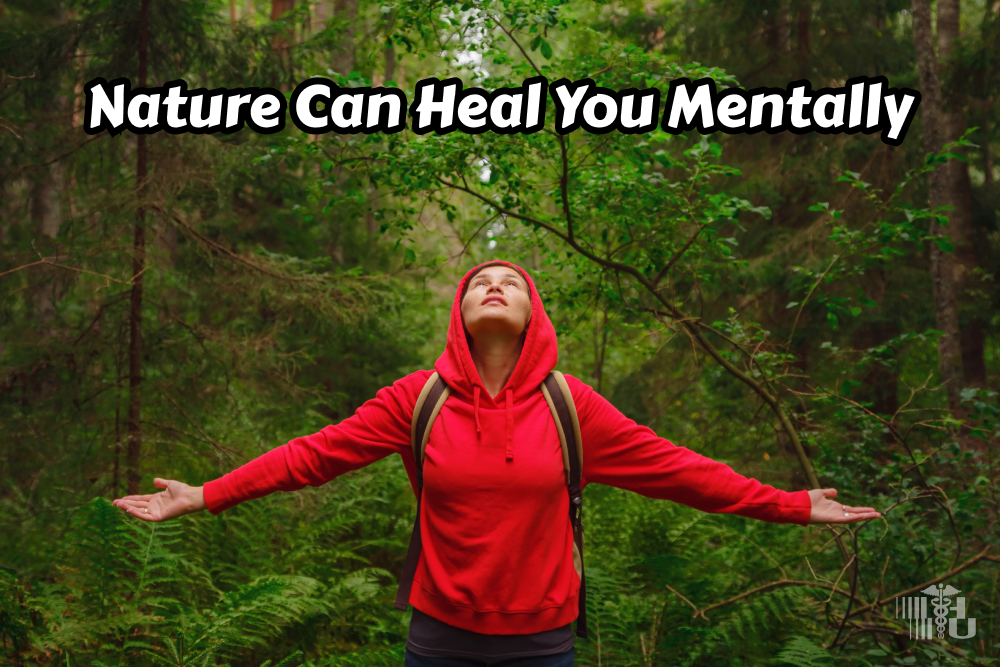
The Science Behind Nature Therapy
:max_bytes(150000):strip_icc()/how-nature-therapy-helps-your-mental-health-5210448_V3-f60ad1403e514b27b85ec3ae5574caf7.png)
What Is Nature Therapy?
Nature therapy, also known as ecotherapy or green therapy, is based on the idea that humans have an innate connection to the natural world. This practice involves engaging with nature to improve mental, emotional, and even physical health. From Japanese shinrin-yoku (forest bathing) to wilderness retreats, nature therapy encourages mindful presence in outdoor environments.
Scientific research supports what many of us intuitively feel: time in nature reduces stress, lowers cortisol levels, and improves mood. Studies have shown that even short exposures to natural settings can lead to significant improvements in attention, emotional regulation, and overall psychological well-being.

How Hiking Complements Nature Therapy
Hiking takes nature therapy a step further by combining physical movement with environmental immersion. The rhythmic motion of walking, the sensory engagement with natural surroundings, and the accomplishment of reaching a destination work together to create a powerful therapeutic experience.
When you hike, you’re not just passing through nature—you’re participating in it. This active engagement can lead to deeper and longer-lasting mental health benefits compared to passive exposure.
—

Mental Clarity: Finding Focus on the Trail

Escaping Mental Overload
For professionals facing information overload and caregivers managing the needs of others, mental clutter is a common challenge. Hiking offers a reprieve. The simplicity of putting one foot in front of the other, coupled with the absence of screens and notifications, allows your mind to declutter.
Neuroscientific studies suggest that time in nature can restore cognitive resources depleted by urban environments and multitasking. The natural world demands a softer form of attention—what psychologists call “fascination”—which helps recharge your mental batteries without exhaustion.

Enhancing Creativity and Problem-Solving
Have you ever noticed that your best ideas seem to arrive when you’re away from your desk? There’s a reason for that. Hiking encourages divergent thinking, a style of thinking that explores many possible solutions and fosters creativity.
The combination of physical activity, reduced stress, and exposure to nature stimulates brain function, making it easier to approach problems with fresh perspective and innovation.
—

Stress Relief: Letting Go of Tension Step by Step

The Physiology of Stress Reduction
Stress is more than a feeling—it’s a physiological response. When we’re stressed, our bodies release cortisol and adrenaline, hormones that prepare us for “fight or flight.” While useful in short bursts, chronic stress can harm both mental and physical health.
Hiking counteracts this response. Physical exercise increases endorphins, the body’s natural mood lifters, while time in nature has been shown to lower cortisol levels, slow heart rate, and reduce blood pressure. The result? A calmer, more centered you.
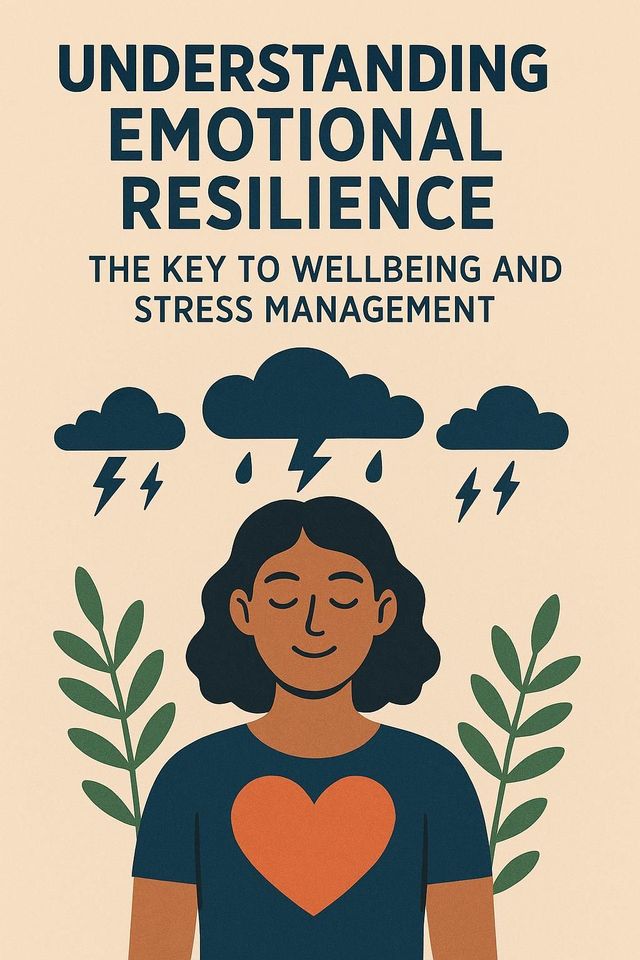
Emotional Release and Resilience
Walking through natural landscapes can also provide a safe space for emotional processing. The solitude and beauty of a trail allow you to sit with your thoughts, acknowledge your feelings, and release pent-up emotions. Many hikers describe experiencing a sense of emotional catharsis—a letting go of worries and burdens with every mile.
Over time, this practice builds emotional resilience, helping you navigate life’s challenges with greater ease and grace.
—

Outdoor Mindfulness: Being Present in Nature
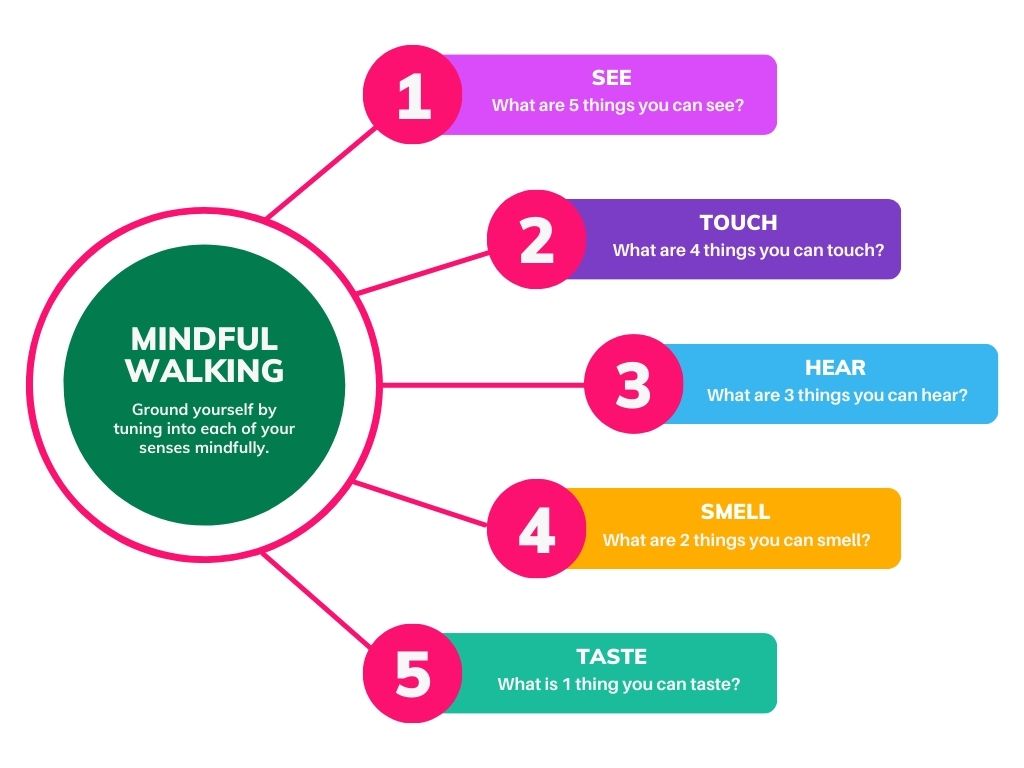
What Is Mindful Hiking?
Mindful hiking is the practice of bringing full awareness to your hiking experience. It’s about noticing the sensation of the ground beneath your feet, the sound of birdsong, the scent of pine, and the play of light through the trees—without judgment or distraction.
This form of mindfulness meditation in motion can deepen your connection to both yourself and the environment, enhancing the mental health benefits of your hike.
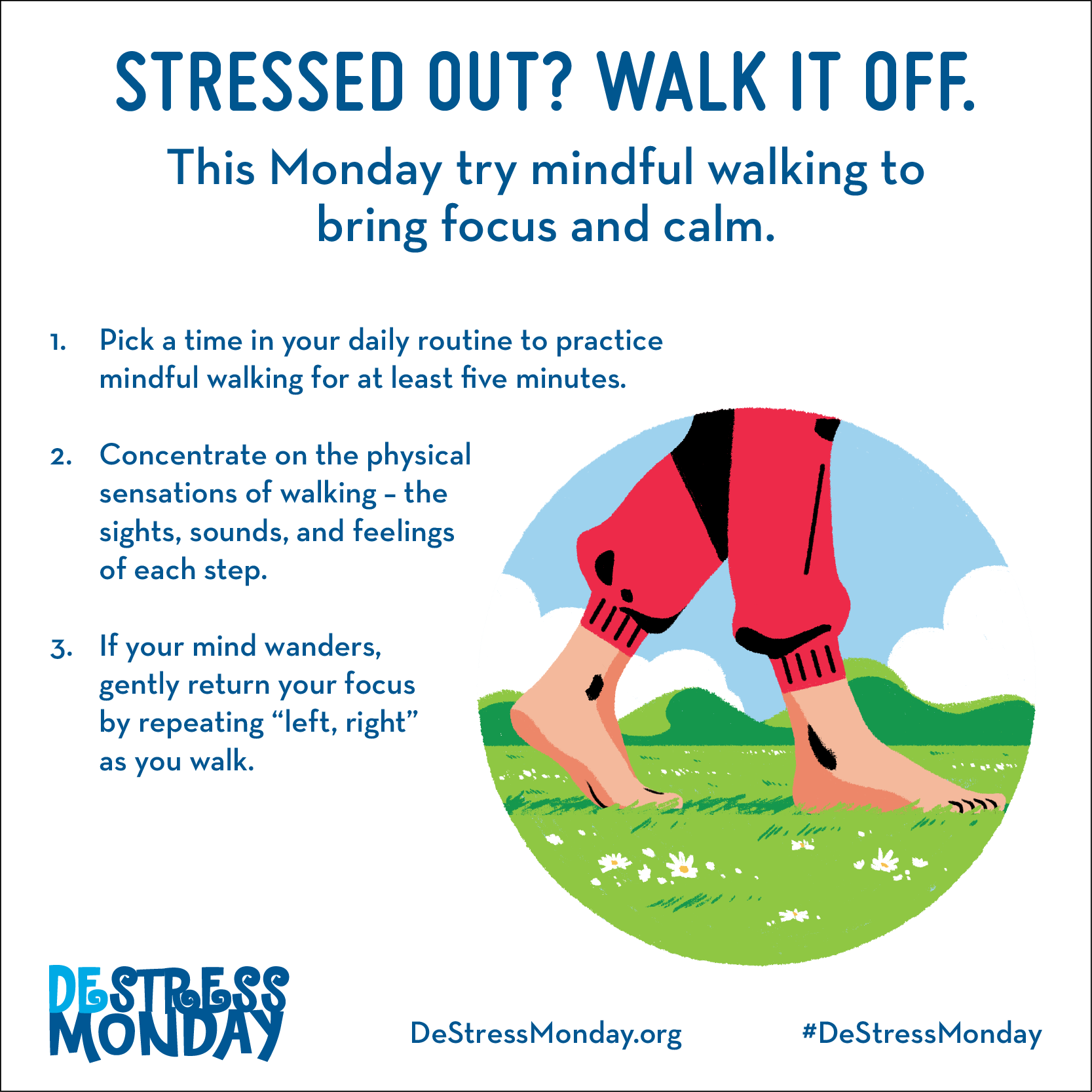
Practical Tips for Mindful Hiking
– Start with intention: Set an intention for your hike, whether it’s gratitude, release, or simply being present.
- Engage your senses: Periodically pause to observe what you see, hear, smell, and feel.
- Breathe consciously: Sync your breath with your steps—inhale for two steps, exhale for two steps.
- Walk slowly: There’s no rush. Let your pace be deliberate and comfortable.
—
Hiking for Stressed Professionals and Caregivers
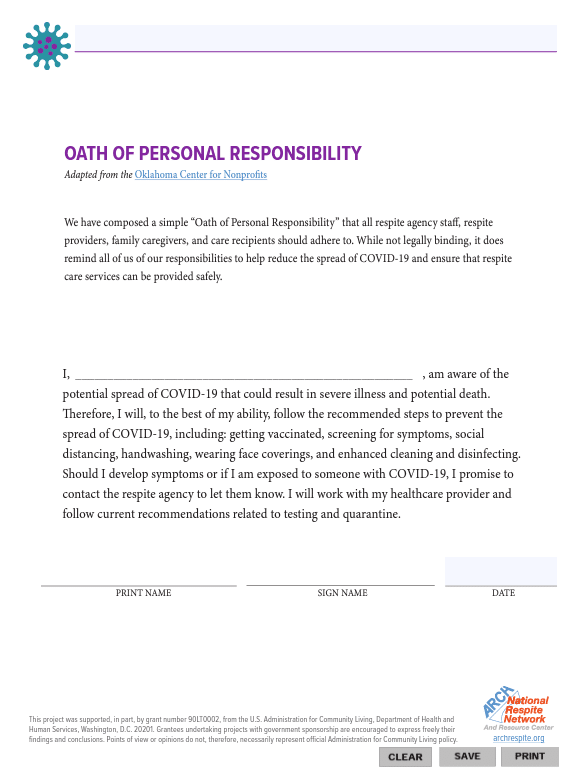
A Respite from Responsibility
For professionals and caregivers, hiking offers a rare opportunity to focus on yourself. The trail doesn’t demand reports, emails, or caregiving—it only asks you to be. This temporary shift in responsibility can be incredibly liberating and restorative.

Building a Sustainable Self-Care Ritual
You don’t need to summit mountains to reap the benefits. Even short, local hikes can become a sustainable part of your self-care routine. Consistency matters more than intensity.
—
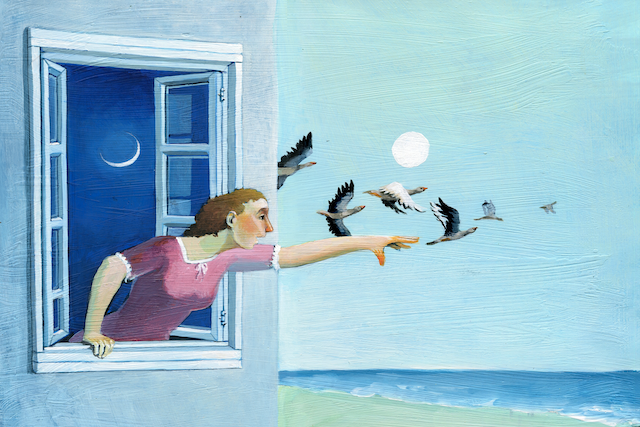
For Nature Lovers: Deepening Your Connection
If you already love nature, hiking can deepen that relationship. It’s a chance to witness seasons change, wildlife thrive, and landscapes transform—a reminder of the beauty and resilience inherent in the natural world, and within yourself.
—
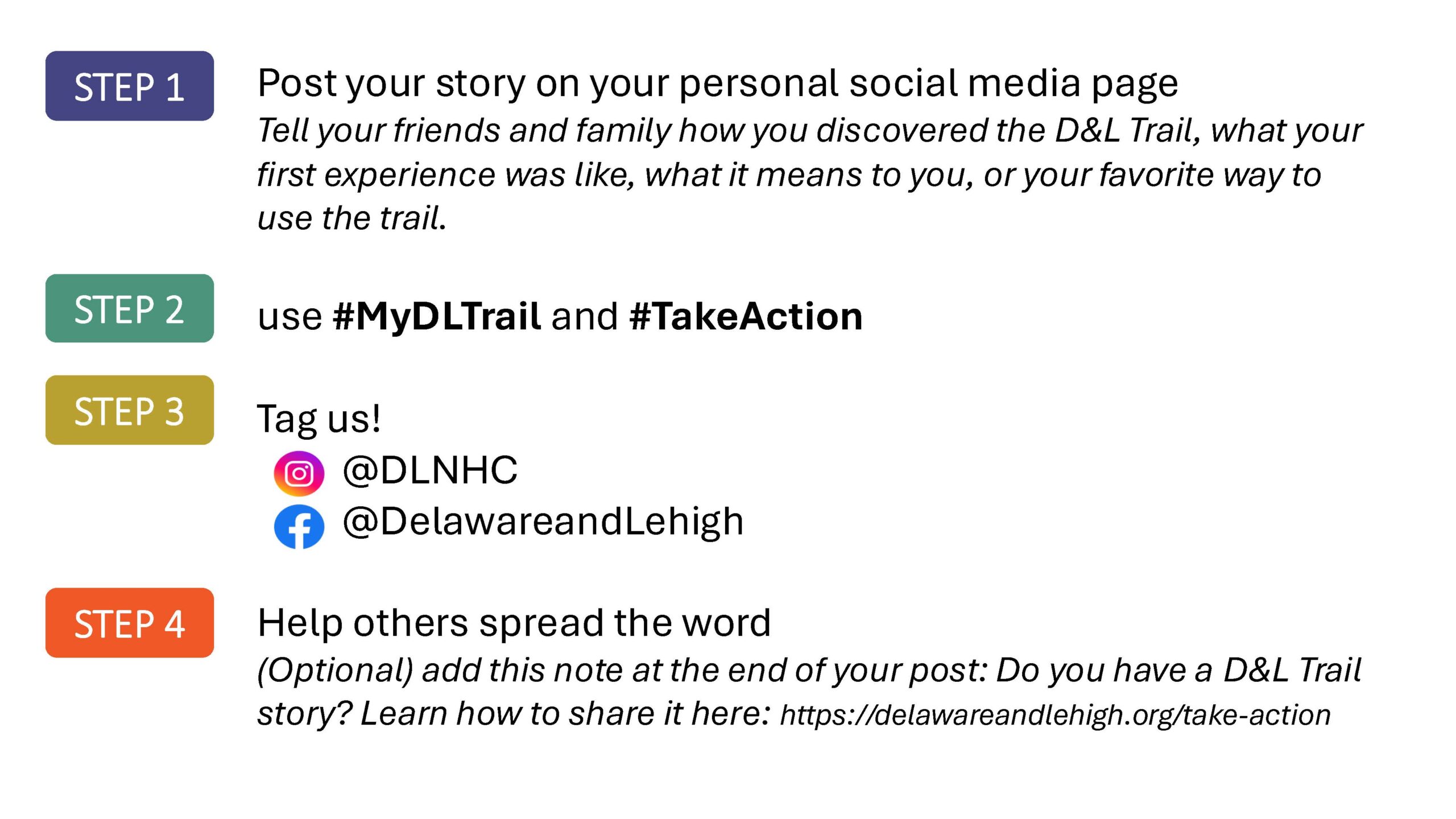
Share Your Trail Stories
Every hiker has a story. Maybe it’s the time you got caught in the rain and laughed anyway, or the sunrise that brought you to tears. These moments remind us of our humanity and our connection to something greater.
We invite you to share your trail stories—the moments of clarity, peace, or transformation you’ve experienced while hiking. Your story could inspire someone else to take that first step toward healing.
—
Conclusion: Take the First Step
Hiking is more than a hobby—it’s a pathway to mental wellness, a form of moving meditation, and a powerful reminder that we are part of a vast, beautiful natural world. Whether you’re seeking stress relief, mental clarity, or simply a deeper connection to life, the trail awaits.
You don’t need to be an expert or have fancy gear. Start small, be kind to yourself, and let nature do the rest.
Embrace mindful hiking. Your mind—and soul—will thank you.
—

Call to Action
Ready to begin your journey? Share your favorite hiking experience or intention in the comments below. For more tips on mindful outdoor activities, subscribe to our newsletter or explore our guided hiking resources. Remember, every trail tells a story—what will yours be?
